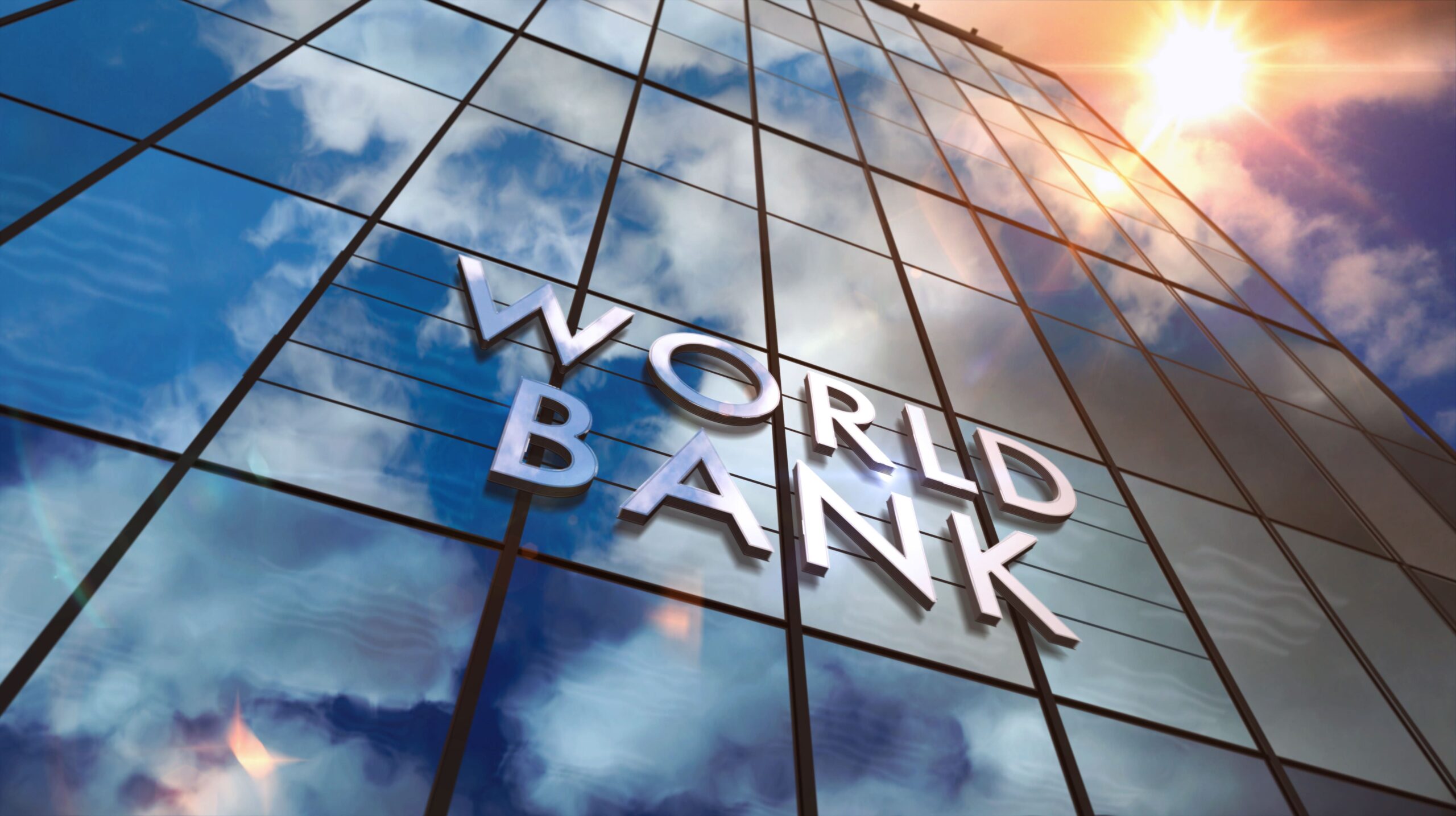ASTANA – The World Bank has published a monthly economic update for Kazakhstan for December, reviewing trends in business activity, inflation, and trade dynamics.

Photo credit: Center for Global Development.
Purchasing Managers’ Index (PMI) for manufacturing contracts decreased to 48 points from 50.3 points in October. Services PMI also dropped to 49.2, indicating weakening activity in both sectors.
Real GDP grew to 4.9% in January-September, but quarterly data showed a deceleration, with a 4.1% growth year-over-year in the third quarter.
Inflation reached the lowest rate in over a year at 9.8% in December, as food price growth slowed to 9.8%, with monthly changes aligning with historical averages.
Despite declining inflation, 12-month expectations remained elevated at 16.8% in November. Nevertheless, the National Bank of Kazakhstan eased its policy by cutting the rate to 15.75%.
Falling inflation alleviated financial hardships for low-income earners. The percentage of households with improved financial well-being rose from 7.6% in June to 11% in October.
The gap widened between affluent and less well-off households due to high inflation, as the proportion of households self-assessing as poor has remained elevated.
The current account shifted to a deficit of $7.6 billion in nine months of 2023, reversing a surplus of $7.7 billion in the same period of 2022.
Merchandise exports declined by 8.9% yearly, influenced by a 20% drop in oil prices. Meanwhile, imports surged by 26.5%, driven by domestic demand and increased exports to Russia.
